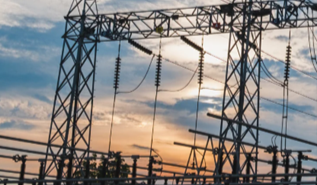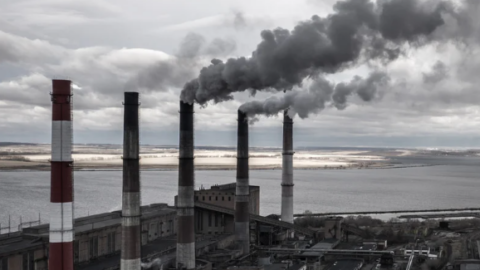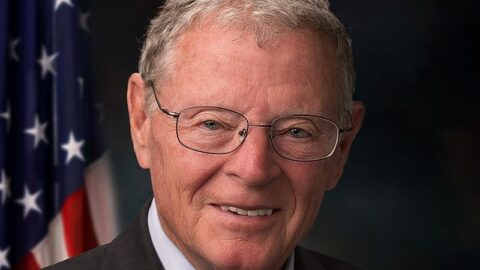Flexibility and creativity in policy approaches are essential as existing transmission and interconnection capability becomes even more scarce in ways that ultimately may significantly impair core goals of resource adequacy and affordability.
Efficient Development of Clean Energy Infrastructure: Converting Retired Fossil Fuel Plants to Battery Storage
One critical way that the build-out of renewable energy, vital for combating climate change, faces obstacles is in the lack of necessary infrastructure to accommodate it. The electric grid, to which all energy-generating facilities must connect to transmit power, is a critical part of this infrastructure. Battery storage helps with this buildout because it can store, and release later, wind and solar energy when their production is lower from lack of wind or sunshine.
Senator Jim Inhofe Dies at 89
Senator Jim Inhofe (R-OK) died on July 9, 2024. Senator Inhofe served four terms in the U.S. House of Representatives before being elected to the U.S. Senate in 1994. During his long legislative career, he was vocal on a range of issues related to the U.S. Armed Forces, infrastructure, energy and the environment.
EBA’s Young Lawyers Council Hosts Career Chat with FERC Commissioner Mark Christie
On November 16, 2023, the EBA’s Young Lawyers Council (YLC) hosted a career chat featuring FERC Commissioner Mark Christie. The event drew Washington, DC area law students and early-career energy attorneys for an informal discussion featuring advice and observations from Commissioner Christie’s career.
EBA Northeast Chapter 2023 Annual Meeting
Attendees heard from a variety of energy industry experts in panels highlighting energy transition project financing, the future of clean power, transmission development, and more!
2023 EBA President’s Award Recipient: Senator Lisa Murkowski
The EBA selected Senator Lisa Murkowski (R- Alaska) as the recipient of the Energy Bar Association’s prestigious President’s Award. This award is given to individuals who have made an extraordinary contribution to the profession or to the development of energy law over a long career and to those who have advanced significant change to the energy law landscape.
David Martin Connelly Elected President of the Energy Bar Association at Sold Out Annual Meeting
New Board Members and Special Awards Also Announced at 2023 Annual Meeting & Conference, with a Keynote from FERC Commissioner Alison Clements
The Impact of West Virginia v. EPA on Challenges to FERC’s Authority Under the Major Questions Doctrine
In the Spring 2022 issue of the EBA Brief, Harvey Reiter highlighted a significant legal development that implicated the authority of federal regulatory agencies, including the Federal Energy Regulatory Commission (FERC). This article picks up where Reiter’s left off to address West Virginia v. EPA—the most recent Supreme Court case involving the major questions doctrine, and the first Supreme Court majority opinion expressly referencing and exploring the doctrine.
The Hydrogen Pipeline Debate Requires Candid and Serious Consideration of Existing Regulatory Regimes
An active debate is currently underway as to how hydrogen pipelines can and should be regulated. Within this debate are those who believe hydrogen pipelines are (and should be) subject to regulation under the Interstate Commerce Act (ICA), which currently governs pipelines carrying oil, petroleum products, and natural gas liquids (NGLs), and those who believe hydrogen pipelines are (or should be) regulated under the Natural Gas Act (NGA).
2023 Southern Chapter Annual Conference: Transactive energy, cryptocurrency mining and blockchain application
EBA’s Southern Chapter event was held in both Richmond, VA and Atlanta, GA with an option to connect virtually. Topics include transactive energy, cryptocurrency mining and blockchain applications for grid modernization, and a director and general counsels’ panel.










